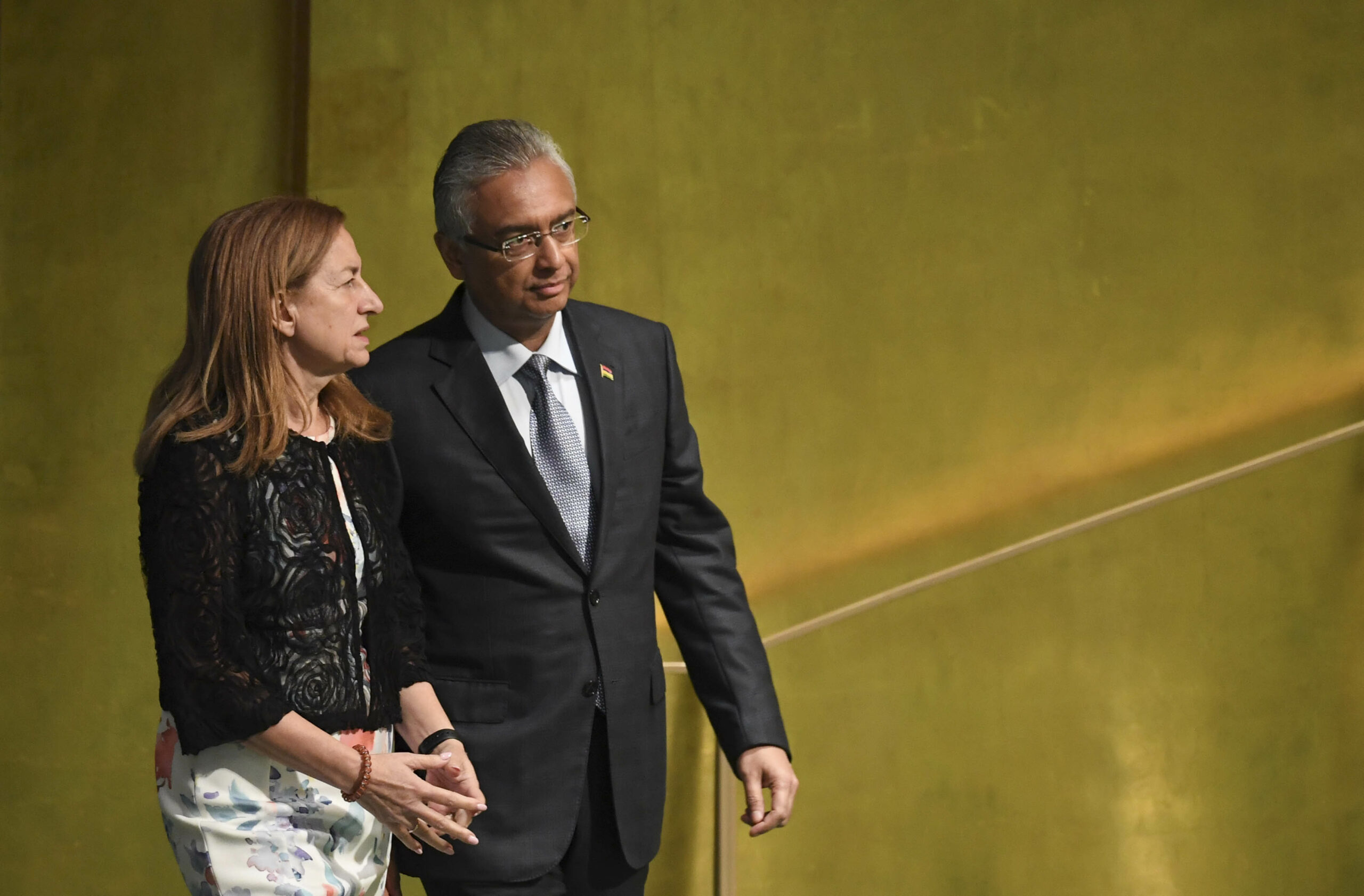We forecast that protests over a recent gas price hike and successive increases in fuel and staple goods are likely to persist over the coming days across Mauritius.
For now, protests across the island have generally been small and sporadic, and will probably remain so in the near term. But they have become more frequent over the last year. Given the currently negative socioeconomic conditions, we are raising our civil unrest risk rating for Mauritius from low to moderate, which nonetheless means we assess rioting will remain uncommon.
Current protests likely to peter out
In the immediate term, protests are most likely to occur in low-income areas of Port Louis, as well as Beau Bassin-Rose Hill, Vacoas-Phoenix and Curepipe, the eastern coast at Trou-d’Eau-Douce and Chemin-Grenier in the south. This is based on the demonstrations that have happened since 20 April. While these will probably cause local traffic disruption, we have seen no evidence that protesters are intent on targeting foreigners, tourists or businesses.
Most of these protests will probably remain peaceful. But reports of police arresting prominent activists would probably lead to confrontations; a high-profile detention led to episodes of violence over the weekend, which involved protesters throwing rocks at police stations and officers using tear gas and baton rounds to disperse them. And where there are signs of protesters gathering, recent events indicate that a strong police presence is probable with armoured vehicles in areas prone to rioting.
Hardship protests becoming more common
There is a high likelihood of further similarly small and sporadic protests in low-income areas over the coming months, due to the impact of recent price hikes in the cost of gas and successive increases in fuel and staple goods. And there has been a progressive rise in the frequency of hardship protests. In 2021, there were 80 protests and riots, compared with 2020 when there were about 70, according to data from the Armed Conflict Location & Event Data Project (ACLED). It has recorded 50 in 2022 to date.
Larger, organised protests are also a reasonable possibility over the coming months as the opposition seeks to mobilise over the cost of living. The country’s economy is vulnerable to international market conditions, so the government will probably not be able to bring down prices significantly. Political parties have said that they will protest when Covid-19 measures are lifted. Since November last year, the government has banned gatherings of more than 50 people and has not indicated when it would lift this restriction.
Although the cost of living grievances are broadly felt, these are unlikely to affect either the government or regime stability in the medium term. The opposition does not have a track record in mobilising supporters to mass disruptive protests. On the back of recent protests, the leader of the opposition has submitted a National Assembly motion of no confidence in the government. The four opposition parties do not seem to have enough seats in parliament to push this through.
Image: Mauritius’ Prime Minister, Pravind Kumar Jugnauth, arrives to address the 73rd session of the General Assembly at the United Nations in New York on 28 September 2018. Photo by Kena Betancur/AFP via Getty Images.




